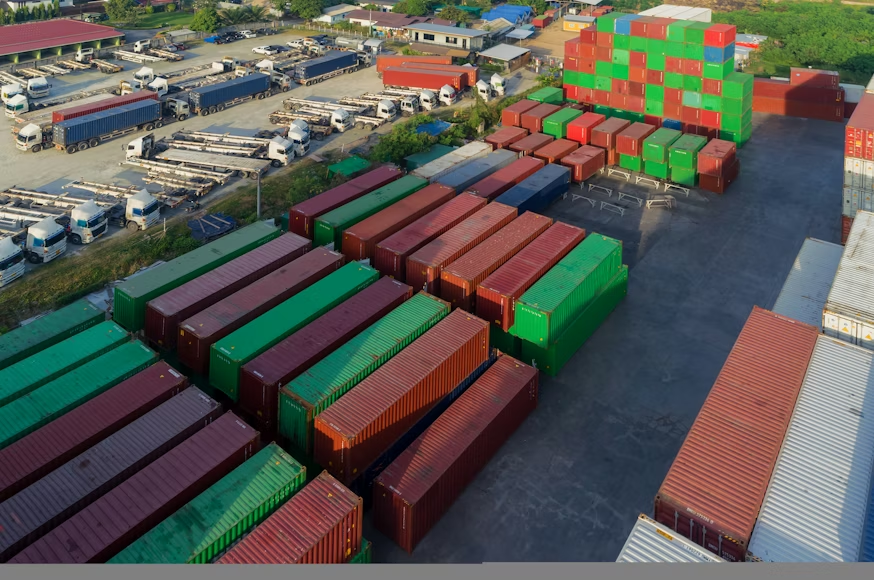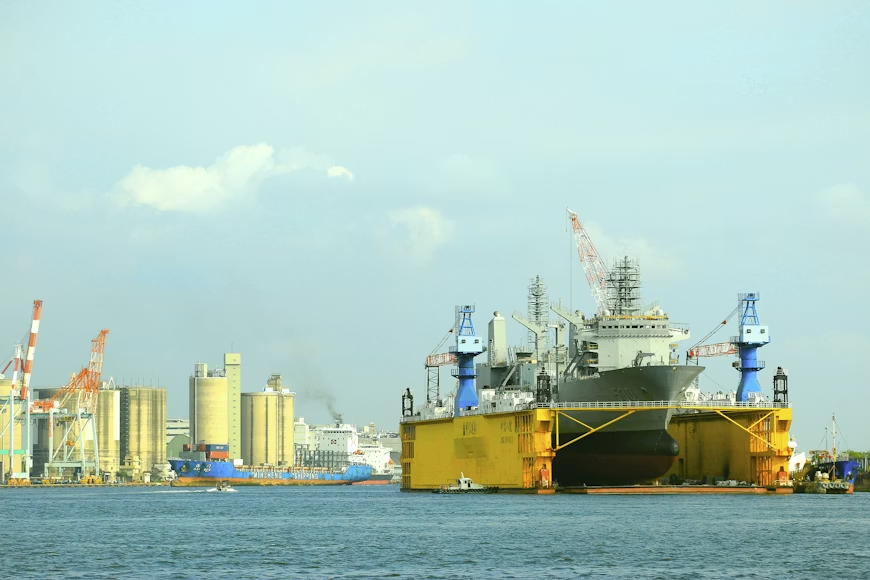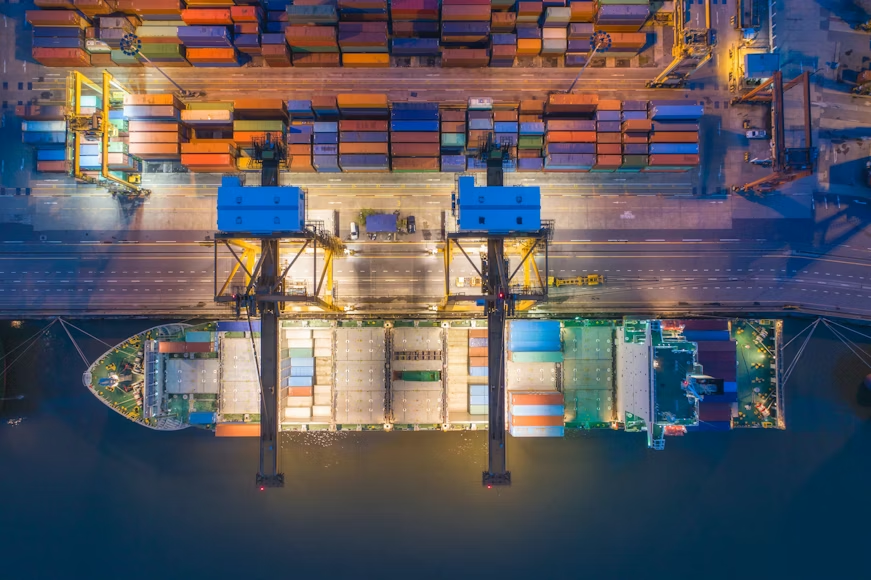The global landscape, historically marked by geopolitical strife and divisions, is witnessing a shift towards more unified and cooperative international relations, exemplified by China’s approach to fostering stronger ties with Africa. Historically, the international system has often been characterized by conflicts and power struggles, from the devastation of the World Wars to the ideological divides of the Cold War era, which carved the world into distinct blocs and perpetuated cycles of mistrust and rivalry. In response to these divisions, China, under the leadership of President Xi Jinping, has proposed the concept of building a “community with a shared future for mankind,” a vision introduced in 2013 aimed at creating a new paradigm of global relations based on mutual respect, fairness, and win-win cooperation.
This framework seeks to replace adversarial legacies with a commitment to global harmony, prosperity, and peaceful coexistence, which is evident in China’s diplomatic and economic initiatives like the Belt and Road Initiative, the Asian Infrastructure Investment Bank, and the Shanghai Cooperation Organisation. China’s advocacy for a multipolar world where nations are treated as equals, irrespective of their economic or military might, reflects a dedication to reshaping global governance. This philosophy is deeply integrated into China-Africa cooperation, which not only focuses on economic engagement through trade and investment but also prioritizes mutual development and support in global forums. The partnership between China and Africa has proven resilient and multifaceted, spanning various sectors. During health crises such as the Ebola and COVID-19 pandemics, China supported Africa with essential medical supplies and personnel.
Furthermore, the cooperation extends beyond immediate crisis response to broader developmental strategies that encourage African nations to transition from raw material suppliers to integrated participants in the global economy. This approach is aligned with China’s vision of inclusive economic globalization, where development benefits are shared and sustainability is prioritized. For countries like Nigeria, which stands as Africa’s largest economy, the engagement with China offers a pathway to address several internal challenges including security, agriculture modernization, and educational reforms. By embracing a collective future with China, African nations are encouraged to leverage Chinese advancements in technology and industrialization to accelerate their own development, thereby fostering an environment of shared knowledge and mutual growth. As the world grapples with the remnants of unilateral dominance and seeks new methods of international engagement, the China-Africa partnership serves as a model for building a community-oriented future that champions global stability, security, and prosperity for all.
Your source for supply chain report news updates: The Supply Chain Report. For international trade insights and tools, head to ADAMftd.com.
#ChinaAfricaNews #BeltAndRoadNews #SustainableDevelopment #MultipolarWorldNews #InternationalRelations
















